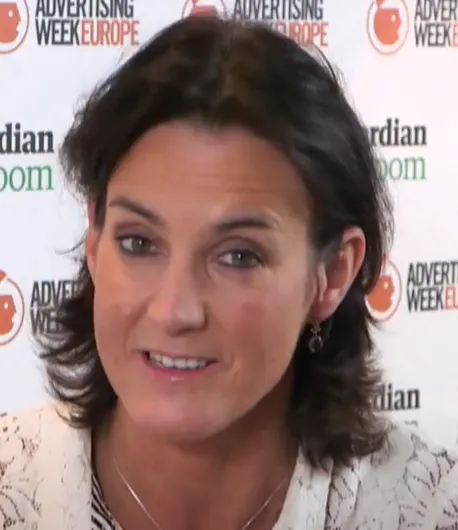
Commissioned by GambleAware and conducted by Ipsos UK and ClearView Research in collaboration with the University of Manchester, the report underscores the profound impact of stigma and discrimination on both the occurrence of gambling harms and the impediments to seeking adequate support.
The research findings indicate that adults from minority communities grappling with gambling problems are 50% more likely to have encountered racism or discrimination in public spaces compared to their counterparts without gambling issues. This correlation suggests a complex interplay between experiences of discrimination and susceptibility to gambling harms, with participants linking racism and discrimination to heightened gambling behavior, social exclusion, diminished employment prospects, and increased risks of mental health issues.
Moreover, the report reveals that individuals from minority backgrounds engaging in gambling activities are three times more likely to perceive gambling as a coping mechanism for life’s challenges compared to their White British counterparts. This reliance on gambling as a coping mechanism underscores the socio-economic disparities and limited opportunities faced by these communities.
Participants highlighted various barriers hindering access to support services, including a lack of awareness about available assistance and concerns about the quality of support provided. The study also emphasized the reluctance among minority communities to discuss gambling concerns with friends, family, or support service providers, attributing this hesitation to a lack of trust stemming from prior experiences of discrimination within healthcare settings.

Wendy Knight, who shared her personal experience as part of the study, highlighted the isolation faced during her recovery, stressing the need for more inclusivity within support services. Dr. Dharmi Kapadia from The University of Manchester underscored the necessity for gambling support services to build trust and confidence among minority groups, advocating for improved organization, promotion, and delivery of services tailored to address their specific needs.
In response to these findings, GambleAware has announced the initiation of a new £4.3 million funding program aimed at addressing the additional burdens of gambling harm experienced by people from minority religious and ethnic communities.
The report stands as a clarion call for proactive measures to address systemic issues contributing to gambling harm within minority communities, urging a collective effort to create a more inclusive and supportive environment for those affected.
For further information or support, individuals can reach out to the National Gambling Support Network.
